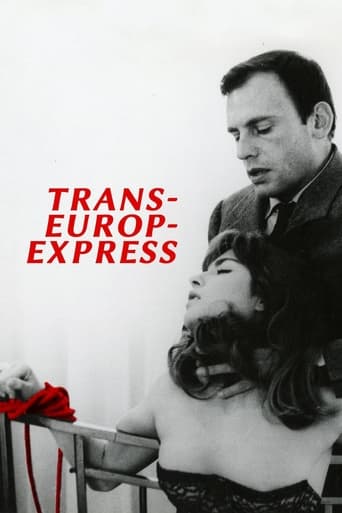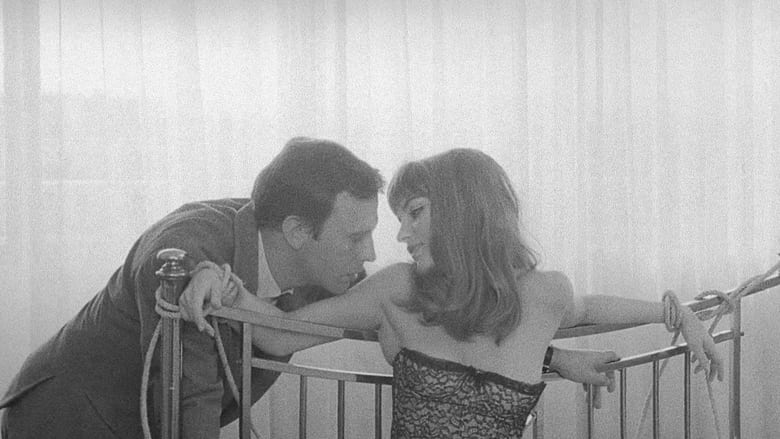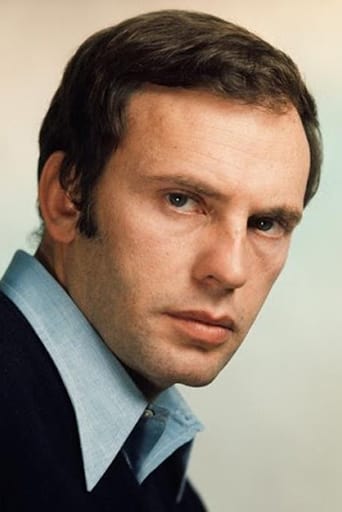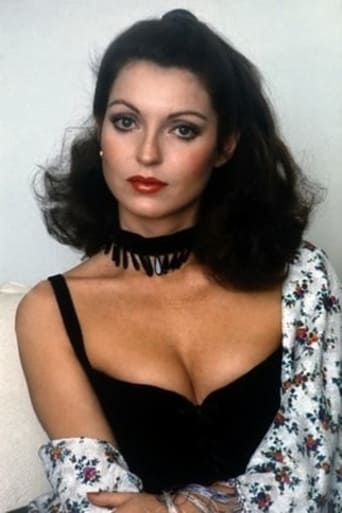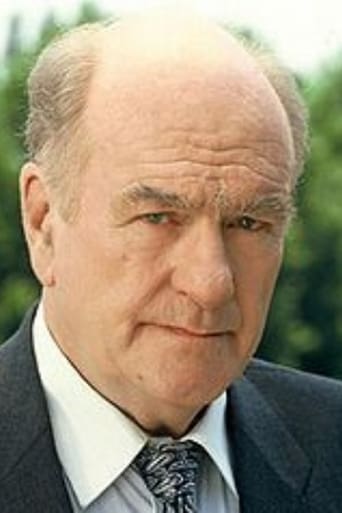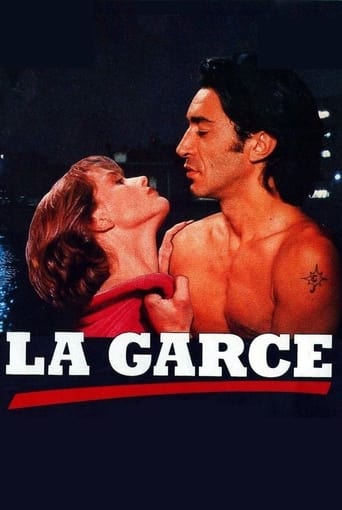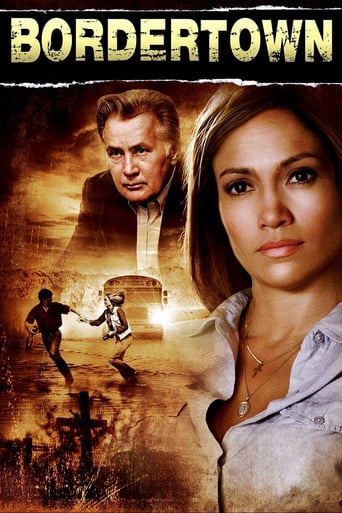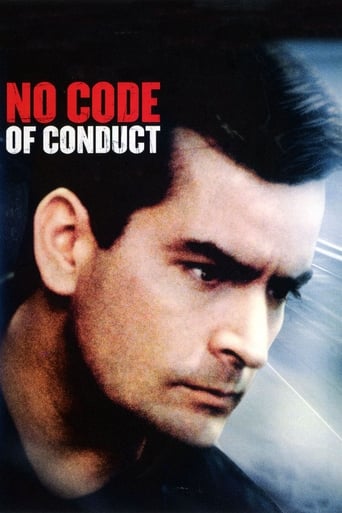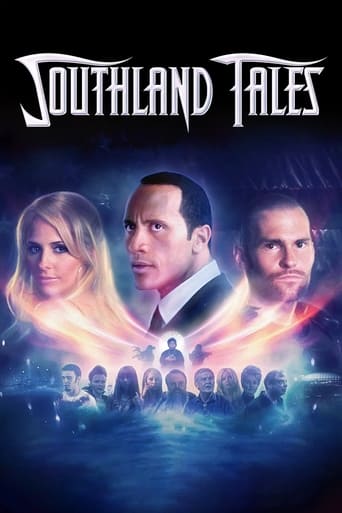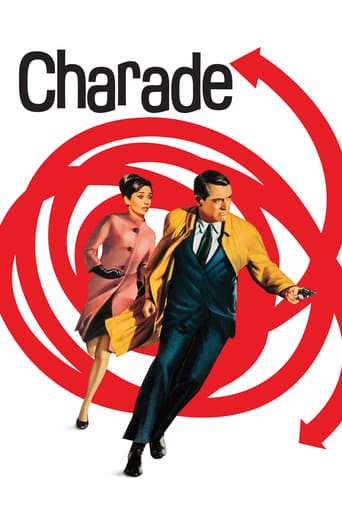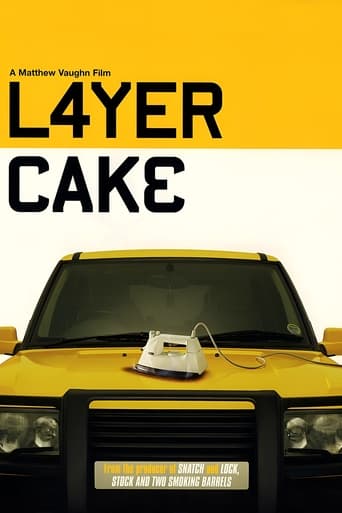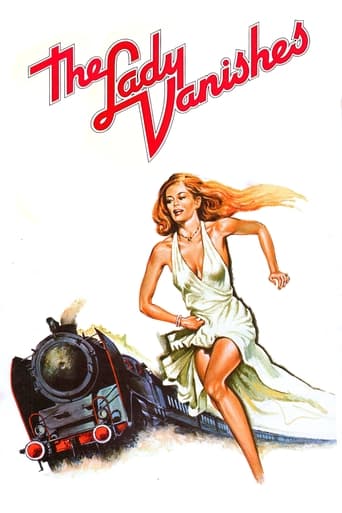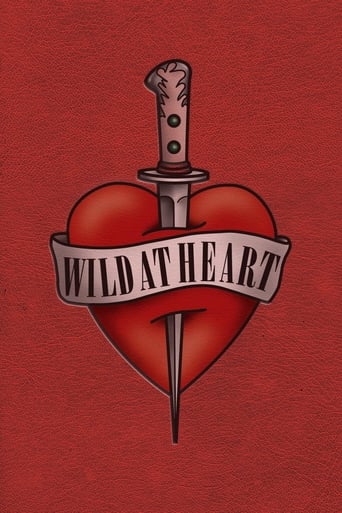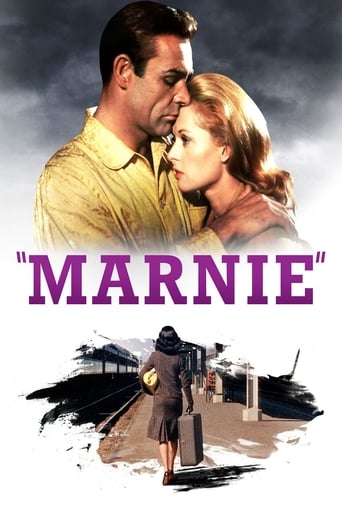Trans-Europ-Express (1967)
A movie producer, director and assistant take the Trans-Europ-Express from Paris to Antwerp. They get the idea for a movie about a drug smuggler on their train and visualize it while taping the script.
Watch Trailer
Free Trial Channels
Cast


Similar titles
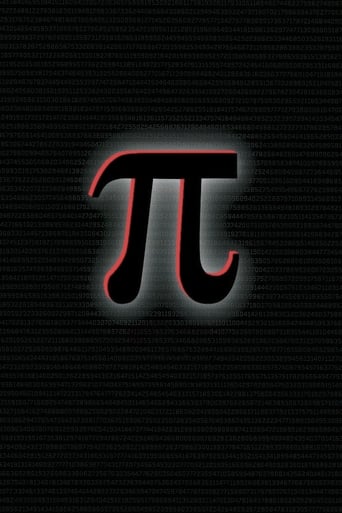
Reviews
A Surprisingly Unforgettable Movie!
I am only giving this movie a 1 for the great cast, though I can't imagine what any of them were thinking. This movie was horrible
a film so unique, intoxicating and bizarre that it not only demands another viewing, but is also forgivable as a satirical comedy where the jokes eventually take the back seat.
The film may be flawed, but its message is not.
On board the TEE is 'Elias' (Jean-Louis Trintignant), a paranoid drug dealer on his way from Paris to Antwerp. And in another compartment are his creators; film-makers having a script meeting from which Elias emerges. It's a typical Robbe-Grillet construct, honed from nouveau roman experiments. The purpose of which, as he puts it, is to "assist change by throwing out any techniques which try to impose order or a particular interpretation on events". The result in this case is a parallel universe, on one hand Elias trying to act like a drug dealer and on the other, proceeding according to the whims of his creators. In effect, it becomes a real-time replay of the writing and editing process,There are those who might regard this as typical French pretension, full of intellectual conceit (it was banned in England for many years), but it's playful, witty and very accessible thanks to a droll script and the great Jean-Louis. And then there's the beautiful Marie-France Pisier with her large inquisitive eyes. She makes an unlikely hooker, but is she? The scriptwriter on the train is played by Robbe-Grillet himself and so establishing that he really is making it up as he goes along. It's beautifully shot in crisp b&w, perfectly capturing the zeitgeist. It would be another twelve years before Kraftwerk created their musical homage to the great train, but it says something about both forms that it would have made the perfect soundtrack.
This may just be a film about roleplaying, but it's some serious work.Three people sit on a train and narrate a movie they want to make, inspired by events around them and another passenger, as well as collaborating and figuring out the details of the narrative as it occurs. Obviously, as the narrative unfolds, things go uber-meta as scenes are acted out later to be thrown away, plot holes are directly pointed out within the narration, and of course as meta always goes within the story within the story are other stories told.However, Robbe-Grillet is not just being silly. The main character's paranoia and distrust runs towards the brink as the movie goes along and every action turns out to be a test, or misdirection, or false plot device. He cannot keep his own role straight, meaning he falls into every trap the mysterious coke dealers set for him as well as gives away everything to a police officer, he cannot remove himself enough emotionally from the mindgames that his roleplaying with the femme fatale comes to a fatal end, and the running train and close-ups on faces punctuating the story show his anxiety and mental breakdown as it seems his fate is, truly, in the hands of flippant writers and outside forces that don't let a man go about minding his own business.Similarly, the focus on bondage is juxtaposed by Robbe-Grillet's almost abject inversion of The Gaze. The Gaze is the term for undercurrent of male-dominated perspective in cinema, as women are treated by the camera as objects to "gaze" at whereas men are typically the ones "gazing". This would seem to be the case here what with the main character's pornography magazine, his roleplaying of rape, and the finale in which that obscure object of desire literally ends up in chains. However, this same protagonist finds himself uneasily the subject of the gaze itself as women, passersby, and the writers continually stare at him with mocking and seductive expressions. The woman he sleeps with herself is in more control of everything going on than he is, and unable to handle that control, he eventually kills her. By the end, he cannot look at a woman without feeling implicated into something, and paranoia sets in.This theme finds its final punctuation in the final scene when the writers brush off their own storytelling as a decent enough yarn, only really interesting simply because it's not real life. Real life then finds the protagonist and the femme fatale as everyday lovers--but their grinning embrace directly into the eye of the camera implicates the audience, because we were not there to see them have a nice day and go about their lives happily ever after, we were there to see them in bondage and self-destruction, and were entertained by those notions.--PolarisDiB
"Why should I change hotels?" asks the protagonist. "For the sake of changing" comes the reply.That pretty much sums up Alain Robbe-Grillet's audacious followup to his debut. Even though this is my first ARG film I can't say I'm very surprised, as his reputation certainly precedes him. He is after all the man who wrote Marienbad for Resnais, as well as his own romans that burrowed holes within meta-narrative.Two men and a woman, apparently film-makers of some kind, board a coupet of the Trans-Europ-Express train to Paris. While on board, they decide to kill time by improvising a script for a movie - a crime thriller about a man working for a drug trafficking ring and heading to Antwerp on board the Trans-Europ-Express with a bag full of cocaine. Playing on multiple narrative levels, with the film-makers serving as omniscient narrators and creators who create the universe of the story and improvise its details as they go along, even going back and erasing things we've witnessed to accommodate for plot holes and inconsistencies, sketching them again on the spot and presenting us with a pulply crime story torn that constantly shapeshifts before our eyes even as it progresses. Trans-Europ-Express is then in a flux of constant retroactive continuity, expanding simultaneously forwards and backwards from a central (albeit moving) point in time - from the coupet of the train where the three film-makers brainstorm.ARG takes inspiration from surrealist ideas of synchronicity, reveries, the 'passages' of Louis Aragon, the Flauners of Baudelaire and the psychic automatism of André Breton. Or as Tristan Tzara, one of the main theoreticians of Dadaism, wrote in a letter to Breton: "Whatever we see is false". So with the story of Trans-Europ-Express. Jean-Louis Trintignant is shot only to reappear in the final scene hugging the girl he strangled a couple of scenes earlier and which he subsequently saw performing in a BDSM club. Such is the nature of TEE's story.Snippets of cassette playback (as the film-makers rewind it to listen to the notes they've been keeping) coalesce with narration that spills over the fictional story they're creating which in turn becomes real before our eyes as it is acted by Trintignant and the others. ARG's duallistic approach is further transferred on his stylistic choices for the movie. Massive constructions (cranes, ships, dams, old buildings, train stations) depicted in the exteriors while power drills and metallic clangs are audible in the background, cold and clinical interiors.Beautifully photographed by ARG who shows considerable visual talent for a man who studied mathematics and started writing before he stepped behind the camera; finely acted; entertaining despite its convoluted nature and gimmicks; TEE is a minor masterpiece for the adventurous viewer. It still lacks the dramatic punch to take it to the next level though.
I had not heard of "Trans-Europ-Express" until a couple of months ago, and as soon as the film was available to me I eagerly got a hold of it, but put off watching it until today because I was under the impression that it was a 'difficult' movie and wanted to be in the mood for such a film. Much to my surprise, Alain Robbe-Grillet's "Trans-Europ-Express" is one of the most entertaining and involving films I've ever seen, managing to be cerebral and clever as can be while never giving into being impenetrable for the sake of being impenetrable.Robert McKee classifies "Trans-Europ-Express" as a 'nonplot' film, and even though the film has two separate 'plots', I suppose it would be accurate enough to say that it doesn't really focus on telling a story set in stone. Classifying the film by genre is equally difficult, it is a somewhat comical film-within-a-film, a mystery, an erotic thriller, and even an espionage film for a bit. Let's just say the fourth wall has never been used so well in a film."Trans-Europ-Express" is a playful, adventurous film which seems to want nothing more than to toy with as many genre conventions as it can, and Robbe-Grillet does that so very well here. What's most amazing about the film is that it works on all the levels it's supposed to work on. Furthermore, the acting is superb, the cinematography gorgeous, and Robbe-Grillet's direction captivating and always interesting. I found the use of music here excellent, but the sound mixing even more interesting. The attention to detail is wonderful.As many 'intimidating' films as I've seen, and as many of them that I have loved, I have to be in the right mood to see them. Perhaps the element of surprise with "Trans-Europ-Express" gave it an advantage, but this really is one of the greatest, most purely enjoyable films I've ever seen. Cerebral, clever, smart, and stylish, all without being too ambitious for its own good, "Trans-Europ-Express" is a movie for everyone and for all moods, a must-see inversion (and perversion) of genre conventions. All film buffs should enjoy this, but it might be of particular interest to one who likes the genres being toyed with here, and I love them.10/10

